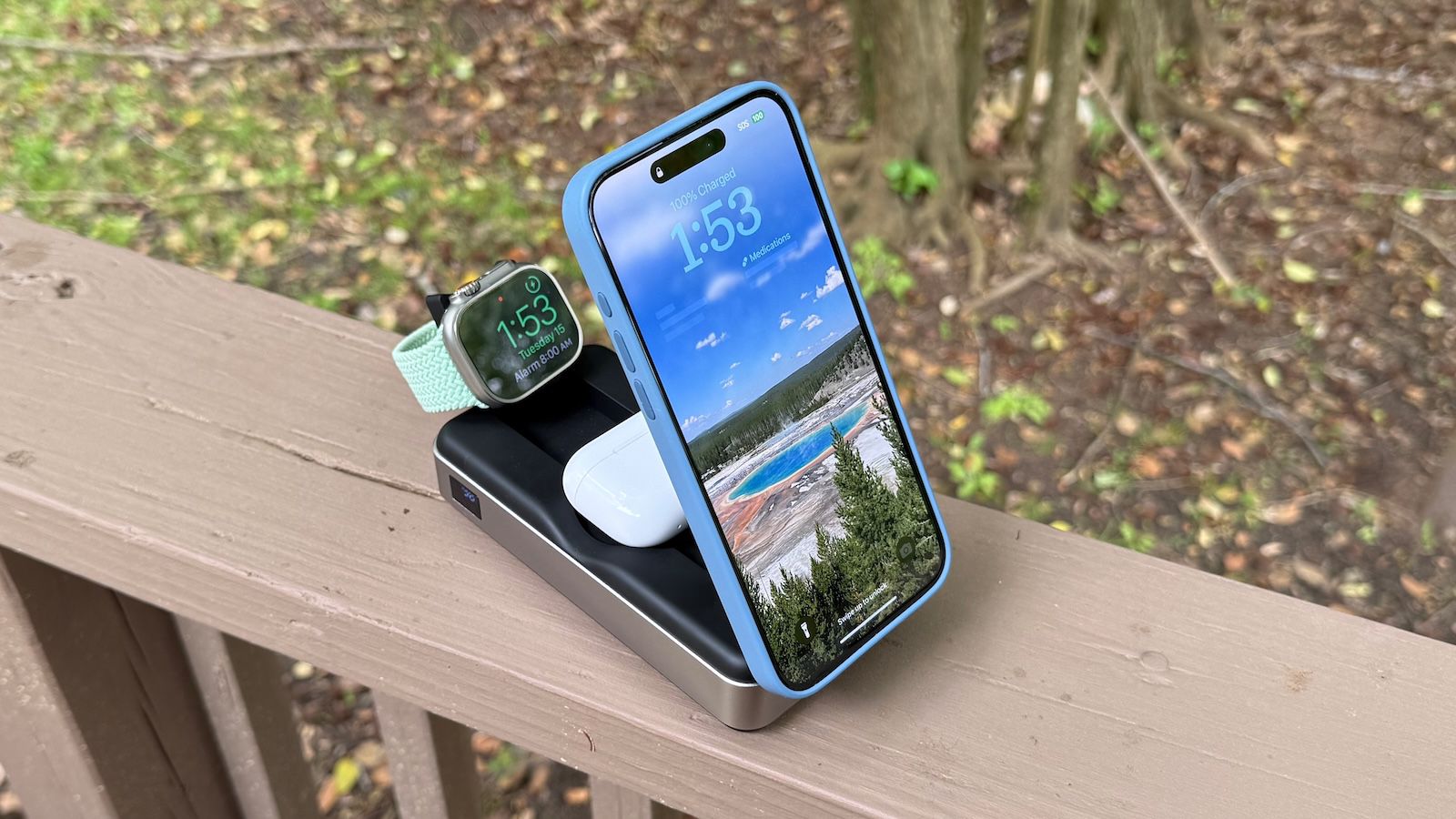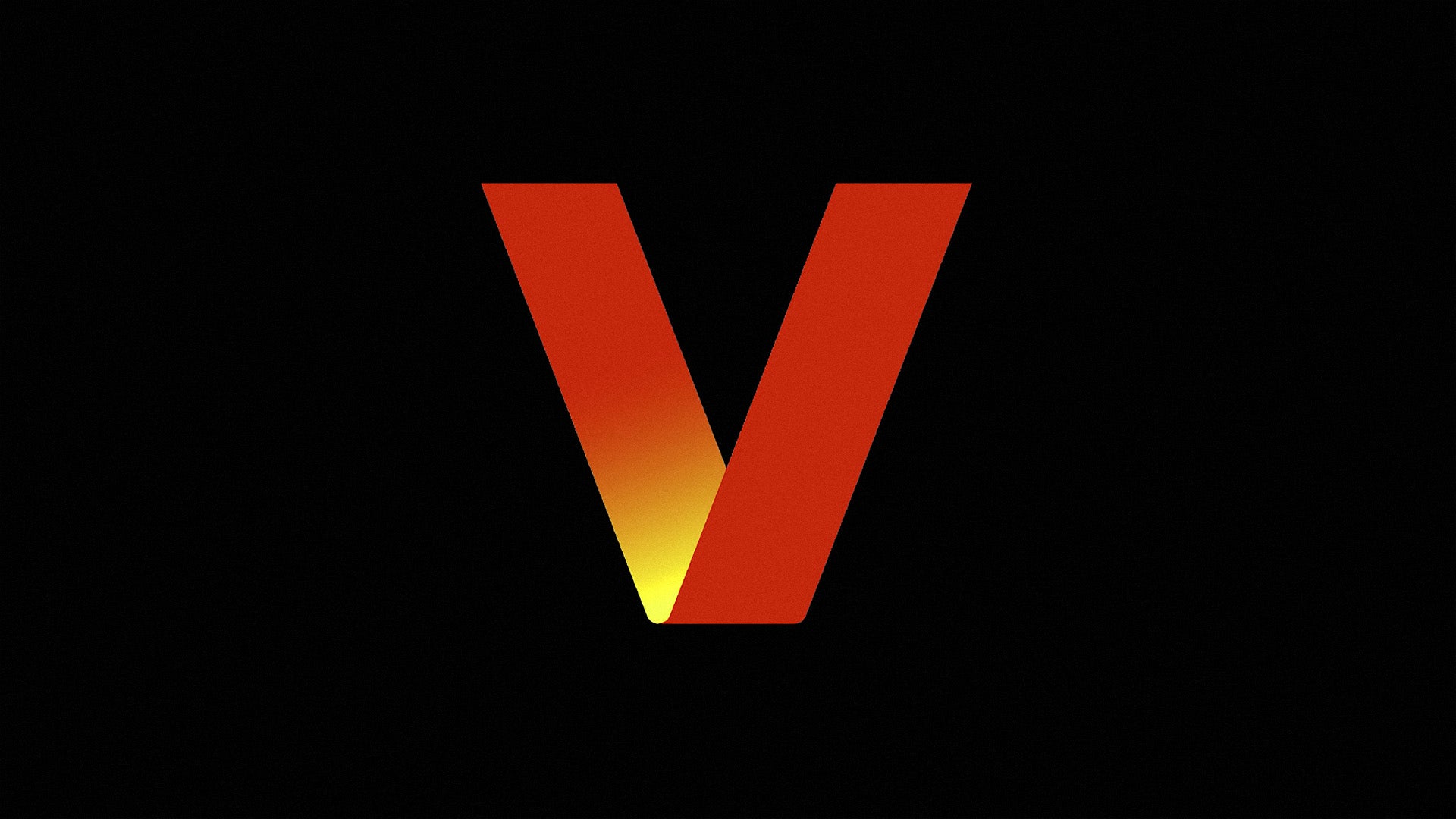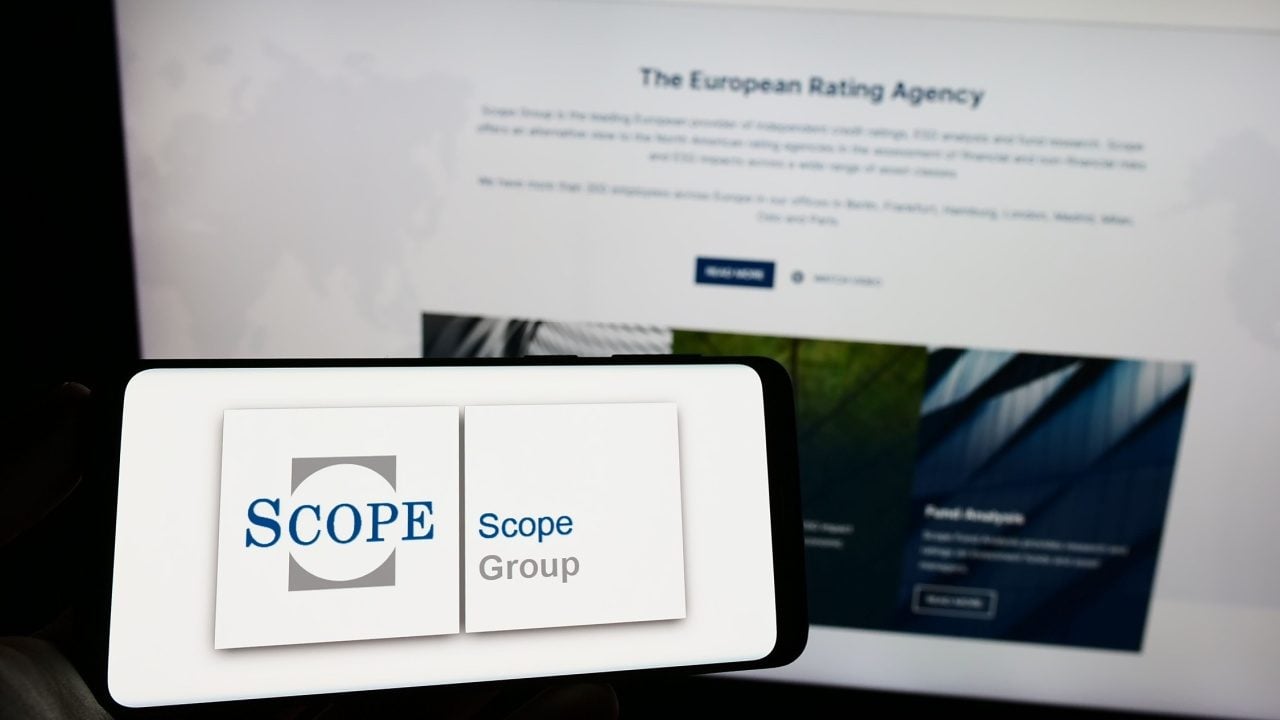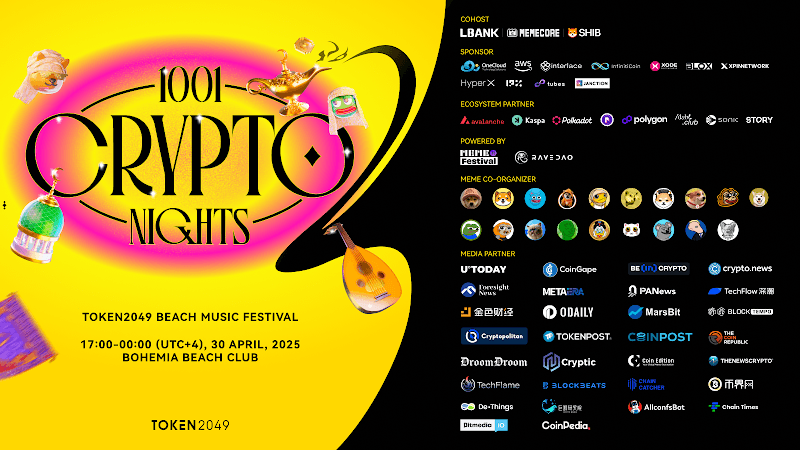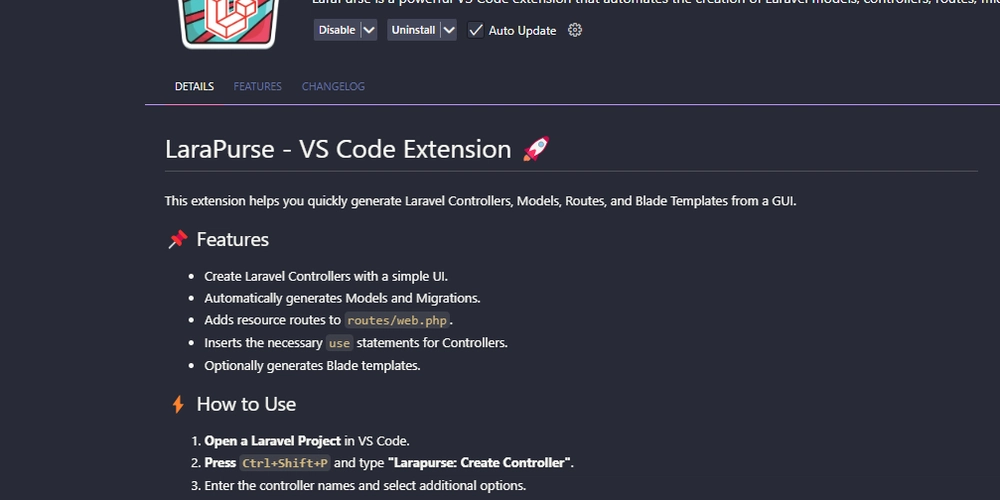The Ultimate Marketing Guide for Indie Developers & SaaS Founders: Launch Smarter, Not Harder
Introduction Launching a new app or product can be overwhelming for indie developers and SaaS founders. You’re passionate about your idea, but attracting the right audience and getting the word out can feel like an uphill battle. In this guide, I’ll share some of the most effective marketing strategies to help you launch smarter—not harder—and make your product stand out. Understanding Your Audience Before diving into marketing tactics, you need to understand who you're building for. Knowing your audience will shape your entire marketing strategy. Identify Your Core Users: Are you targeting indie devs, small businesses, or SaaS founders? Understand their pain points, needs, and desires. Create User Personas: Develop detailed user personas to represent your ideal customers. This will help you tailor your messaging. Actionable Tip: If you don’t have an audience yet, start with a simple survey to gather insights from potential users. Tools like Tally or Google Forms can help. Building an Online Presence You can’t rely on luck to get discovered. Building an online presence is a crucial first step in marketing. Create a Personal Brand: Share your journey, thoughts, and experiences as a founder on platforms like Twitter, DEV.to, or Hashnode. People are more likely to support you when they know your story. Content Marketing: Write about your product, the challenges you're facing, and how it solves real-world problems. Share technical insights, tutorials, or case studies. Actionable Tip: Start a blog to document your learning process. It’s a great way to improve SEO while building credibility. The Power of Social Media When it comes to marketing, social media is essential. But posting on every platform isn’t the answer. Focus on where your target audience hangs out. Twitter: The go-to platform for indie developers and SaaS founders. Share quick updates, resources, and engage in conversations. Reddit: Participate in subreddits like r/IndieDev, r/saas, or r/startups. But don’t just promote—provide value by helping others. Product Hunt: Launch your product on Product Hunt to gain early feedback and attract early adopters. Actionable Tip: Join niche communities on Discord, Slack, or Twitter groups. Be active, share resources, and engage in conversations without focusing solely on your product. Content Strategy for SaaS Launches Content is one of the most powerful tools in marketing. A well-structured content strategy can drive organic traffic and build trust with your audience. Create Foundational Content: Publish a few cornerstone articles or blog posts that will serve as your main content pillar. Think guides, best practices, and how-tos. Leverage SEO: Optimize your content to rank for keywords your target audience searches for. Use tools like Google Keyword Planner or Ahrefs to find high-traffic keywords. Actionable Tip: Start by writing a comprehensive guide on a specific pain point your app solves. This can be an educational article that drives traffic to your site. Building a Waitlist & Email List A strong email list is one of the most valuable assets for any SaaS business. Here's how to grow it: Pre-launch Waitlist: Build anticipation for your product by creating a waitlist. Offer early access or exclusive features to get people excited. Lead Magnets: Offer downloadable resources like ebooks, cheat sheets, or templates in exchange for email sign-ups. Actionable Tip: Use tools like Tally to easily create a waitlist form, and start collecting emails from day one. Partnering for Growth Collaboration can take your marketing efforts to the next level. Influencer Marketing: Collaborate with micro-influencers or content creators within your niche. They can help spread the word and add credibility to your product. Strategic Partnerships: Partner with tools or services that complement your product. Joint webinars, co-marketing efforts, and guest blog posts are great ways to reach new audiences. Actionable Tip: Reach out to influencers or brands who share a similar audience. Offer them a free trial of your product in exchange for a review or shoutout. Paid Marketing Campaigns If you have the budget, paid marketing can give you an initial push. Facebook/Instagram Ads: Run targeted ads to reach potential users. Start small and test different ad creatives and targeting options. Google Ads: Run search ads targeting specific keywords related to your SaaS product. This can help drive high-quality traffic. Actionable Tip: Set up conversion tracking to measure the effectiveness of your campaigns. Focus on low-cost, high-impact channels like Google Search Ads. Referral Programs Referral programs are a great way to incentivize your existing users to promote your product. Offer Rewards: Give users a free month or extra features for referring others. Promote on Social Media: Create easy-to-share referral links or gr
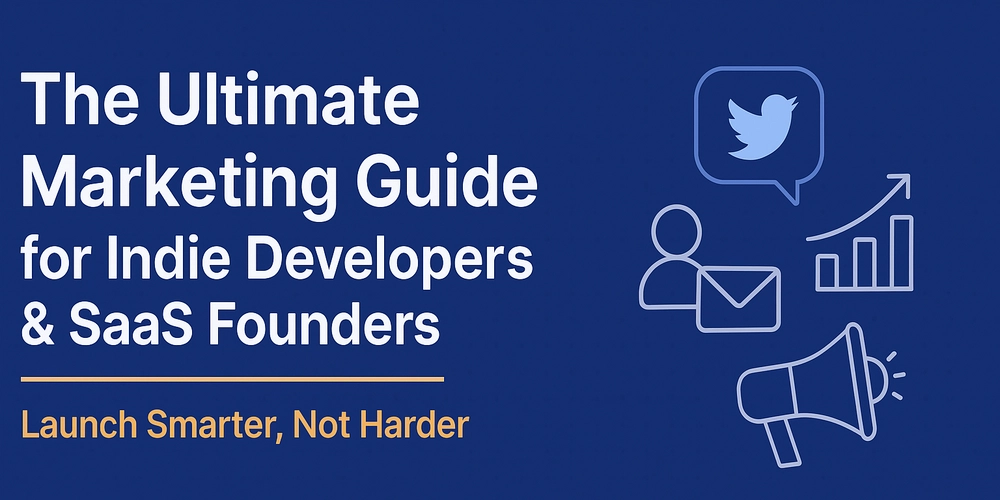
Introduction
Launching a new app or product can be overwhelming for indie developers and SaaS founders. You’re passionate about your idea, but attracting the right audience and getting the word out can feel like an uphill battle. In this guide, I’ll share some of the most effective marketing strategies to help you launch smarter—not harder—and make your product stand out.
Understanding Your Audience
Before diving into marketing tactics, you need to understand who you're building for. Knowing your audience will shape your entire marketing strategy.
Identify Your Core Users: Are you targeting indie devs, small businesses, or SaaS founders? Understand their pain points, needs, and desires.
Create User Personas: Develop detailed user personas to represent your ideal customers. This will help you tailor your messaging.
Actionable Tip: If you don’t have an audience yet, start with a simple survey to gather insights from potential users. Tools like Tally or Google Forms can help.
Building an Online Presence
You can’t rely on luck to get discovered. Building an online presence is a crucial first step in marketing.
Create a Personal Brand: Share your journey, thoughts, and experiences as a founder on platforms like Twitter, DEV.to, or Hashnode. People are more likely to support you when they know your story.
Content Marketing: Write about your product, the challenges you're facing, and how it solves real-world problems. Share technical insights, tutorials, or case studies.
Actionable Tip: Start a blog to document your learning process. It’s a great way to improve SEO while building credibility.
The Power of Social Media
When it comes to marketing, social media is essential. But posting on every platform isn’t the answer. Focus on where your target audience hangs out.
Twitter: The go-to platform for indie developers and SaaS founders. Share quick updates, resources, and engage in conversations.
Reddit: Participate in subreddits like r/IndieDev, r/saas, or r/startups. But don’t just promote—provide value by helping others.
Product Hunt: Launch your product on Product Hunt to gain early feedback and attract early adopters.
Actionable Tip: Join niche communities on Discord, Slack, or Twitter groups. Be active, share resources, and engage in conversations without focusing solely on your product.
Content Strategy for SaaS Launches
Content is one of the most powerful tools in marketing. A well-structured content strategy can drive organic traffic and build trust with your audience.
Create Foundational Content: Publish a few cornerstone articles or blog posts that will serve as your main content pillar. Think guides, best practices, and how-tos.
Leverage SEO: Optimize your content to rank for keywords your target audience searches for. Use tools like Google Keyword Planner or Ahrefs to find high-traffic keywords.
Actionable Tip: Start by writing a comprehensive guide on a specific pain point your app solves. This can be an educational article that drives traffic to your site.
Building a Waitlist & Email List
A strong email list is one of the most valuable assets for any SaaS business. Here's how to grow it:
Pre-launch Waitlist: Build anticipation for your product by creating a waitlist. Offer early access or exclusive features to get people excited.
Lead Magnets: Offer downloadable resources like ebooks, cheat sheets, or templates in exchange for email sign-ups.
Actionable Tip: Use tools like Tally to easily create a waitlist form, and start collecting emails from day one.
Partnering for Growth
Collaboration can take your marketing efforts to the next level.
Influencer Marketing: Collaborate with micro-influencers or content creators within your niche. They can help spread the word and add credibility to your product.
Strategic Partnerships: Partner with tools or services that complement your product. Joint webinars, co-marketing efforts, and guest blog posts are great ways to reach new audiences.
Actionable Tip: Reach out to influencers or brands who share a similar audience. Offer them a free trial of your product in exchange for a review or shoutout.
Paid Marketing Campaigns
If you have the budget, paid marketing can give you an initial push.
Facebook/Instagram Ads: Run targeted ads to reach potential users. Start small and test different ad creatives and targeting options.
Google Ads: Run search ads targeting specific keywords related to your SaaS product. This can help drive high-quality traffic.
Actionable Tip: Set up conversion tracking to measure the effectiveness of your campaigns. Focus on low-cost, high-impact channels like Google Search Ads.
Referral Programs
Referral programs are a great way to incentivize your existing users to promote your product.
Offer Rewards: Give users a free month or extra features for referring others.
Promote on Social Media: Create easy-to-share referral links or graphics that users can post on their social media accounts.
Actionable Tip: Set up a simple referral program using tools like ReferralCandy or even a manual process at first.
Conclusion
Marketing your SaaS app or product as an indie developer or founder can be challenging, but it’s entirely possible with the right approach. Focus on building relationships, providing value, and growing your audience one step at a time. Keep iterating and testing new strategies, and don’t be afraid to get creative!
If you found this guide helpful, check out CoLaunchly for more tools to help you plan and launch your indie app smarter, not harder. Join the waitlist today!



.jpg)



















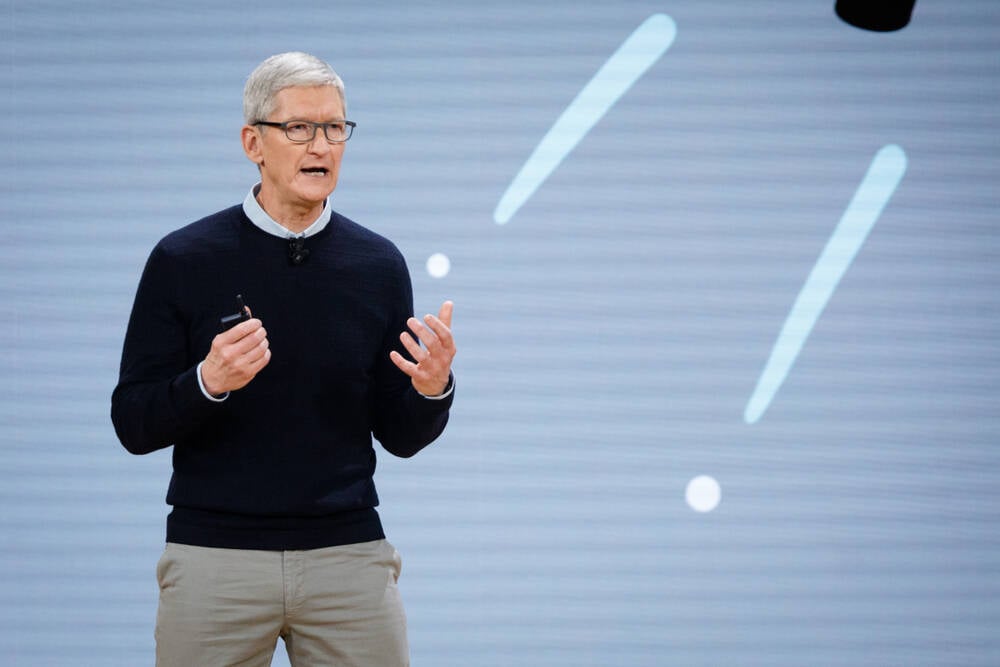

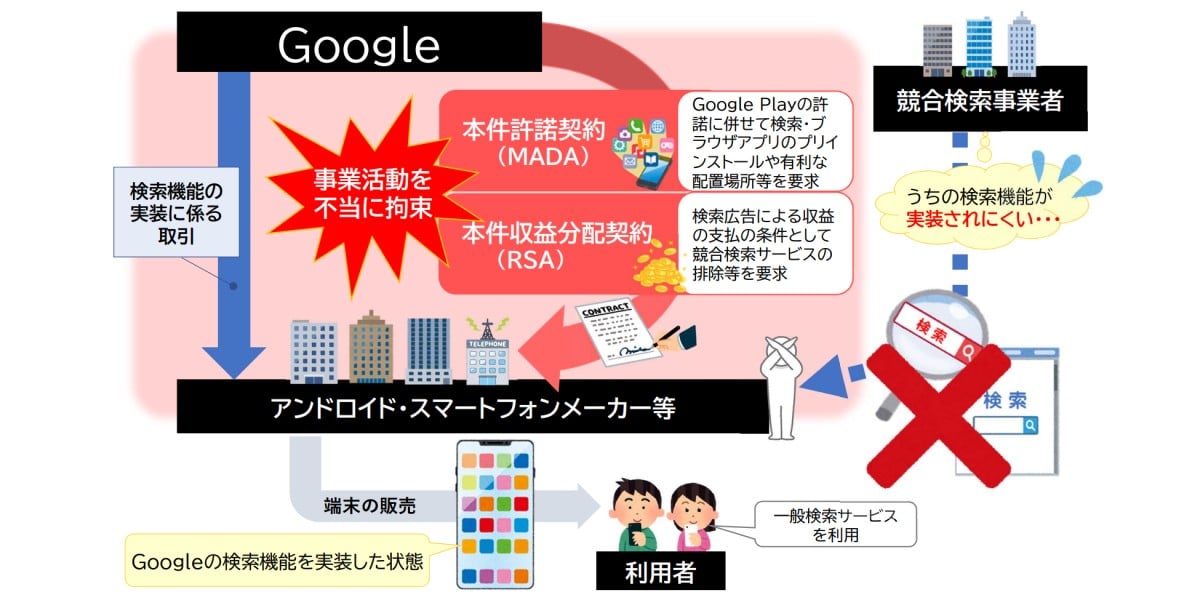
















































































































































![[The AI Show Episode 144]: ChatGPT’s New Memory, Shopify CEO’s Leaked “AI First” Memo, Google Cloud Next Releases, o3 and o4-mini Coming Soon & Llama 4’s Rocky Launch](https://www.marketingaiinstitute.com/hubfs/ep%20144%20cover.png)
















































































































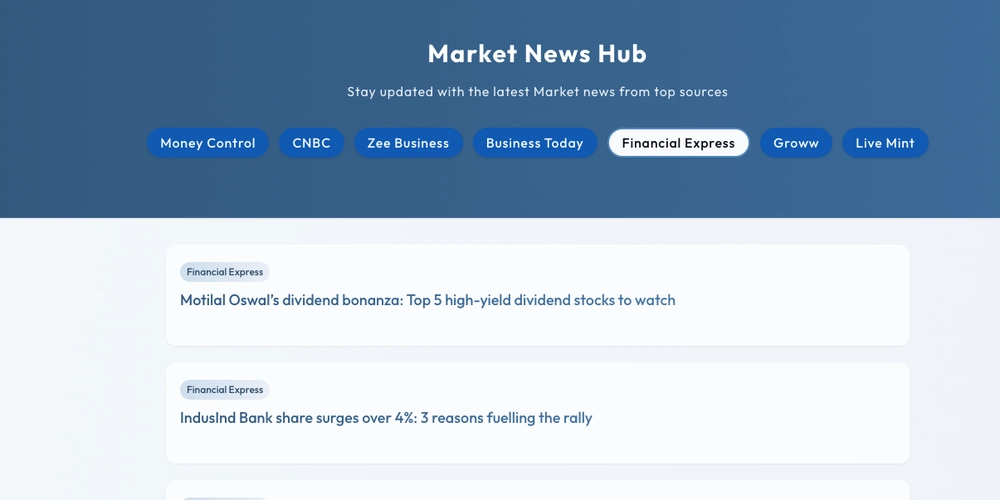





























































.png?width=1920&height=1920&fit=bounds&quality=70&format=jpg&auto=webp#)





















![Blue Archive tier list [April 2025]](https://media.pocketgamer.com/artwork/na-33404-1636469504/blue-archive-screenshot-2.jpg?#)


































.png?#)




















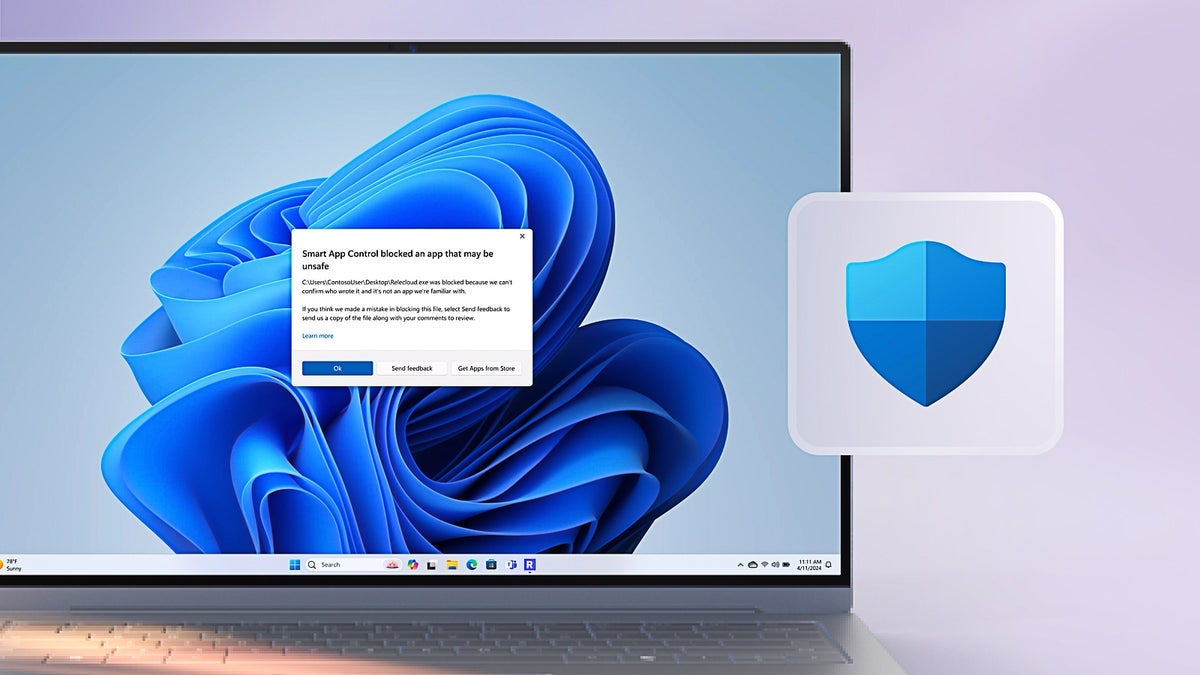


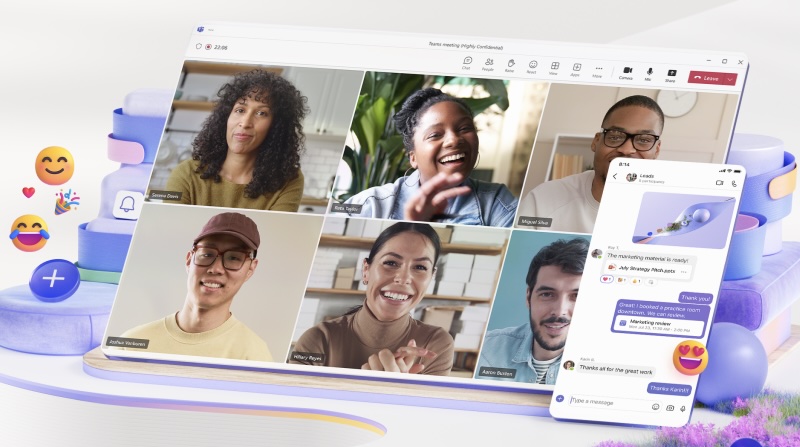











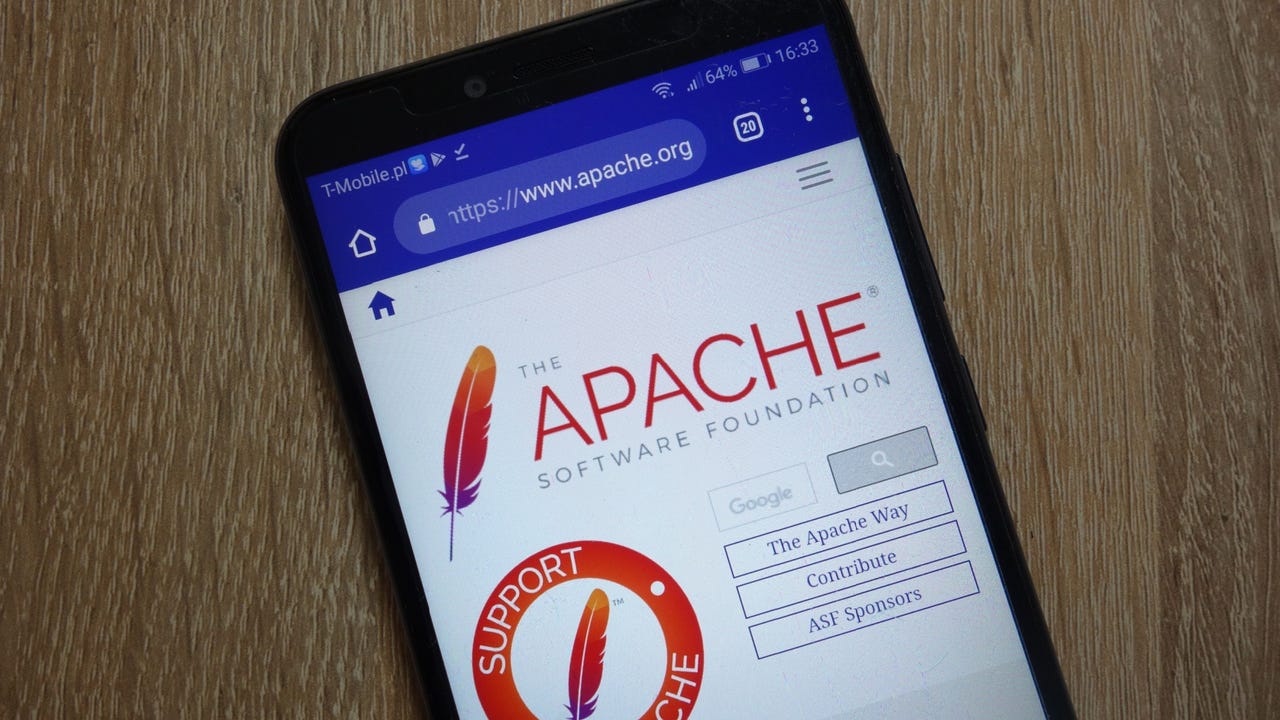




.webp?#)

















































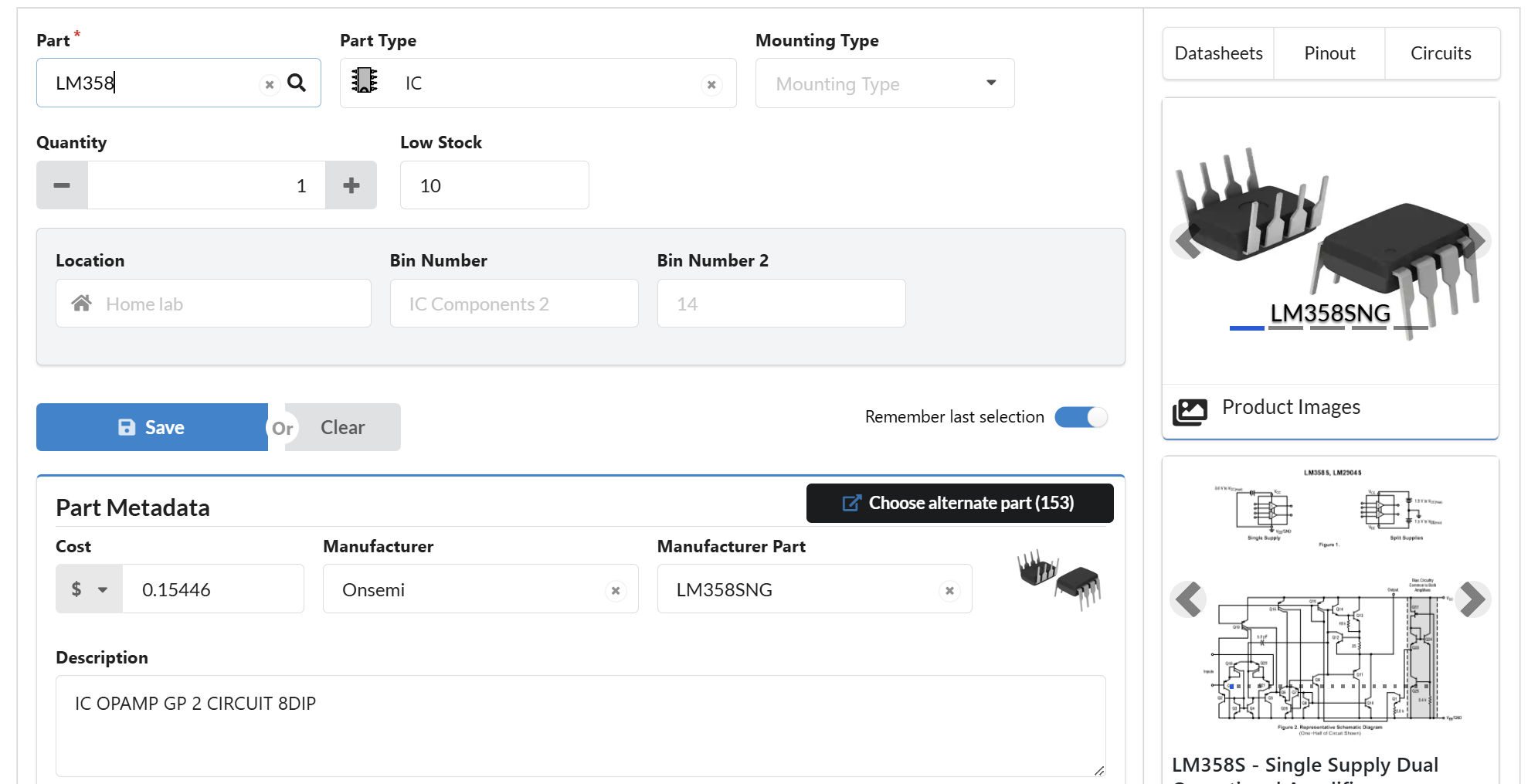
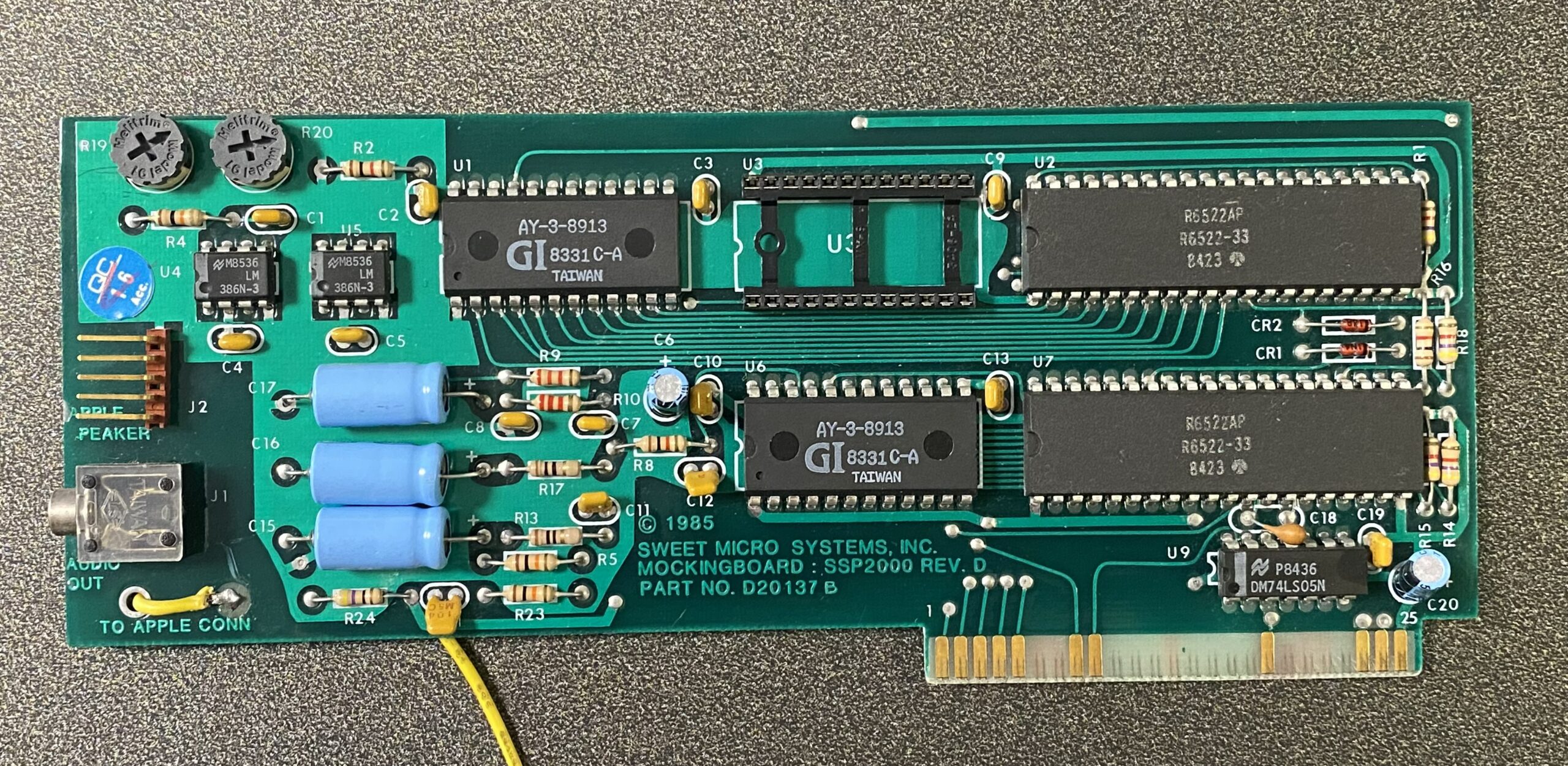
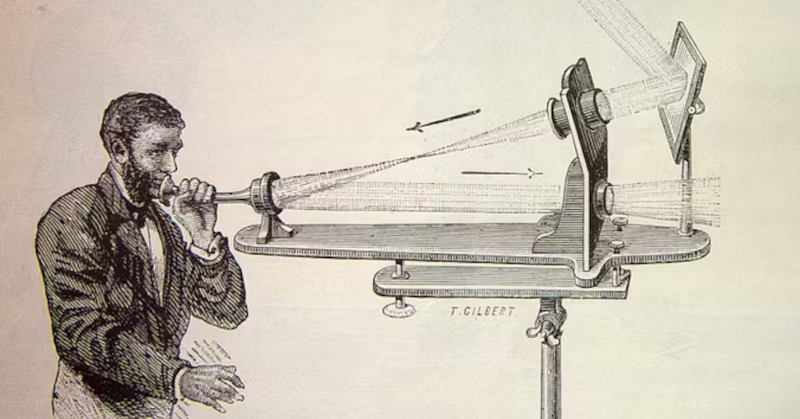
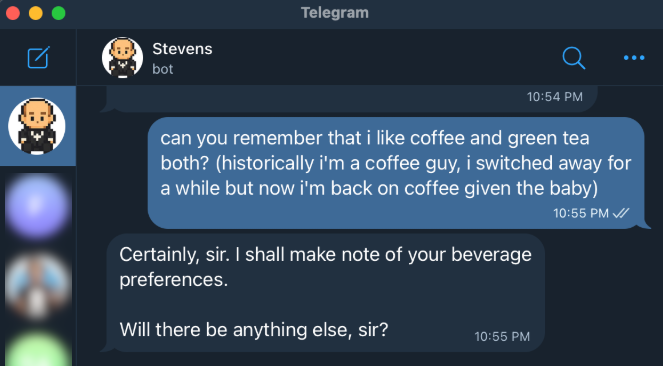





















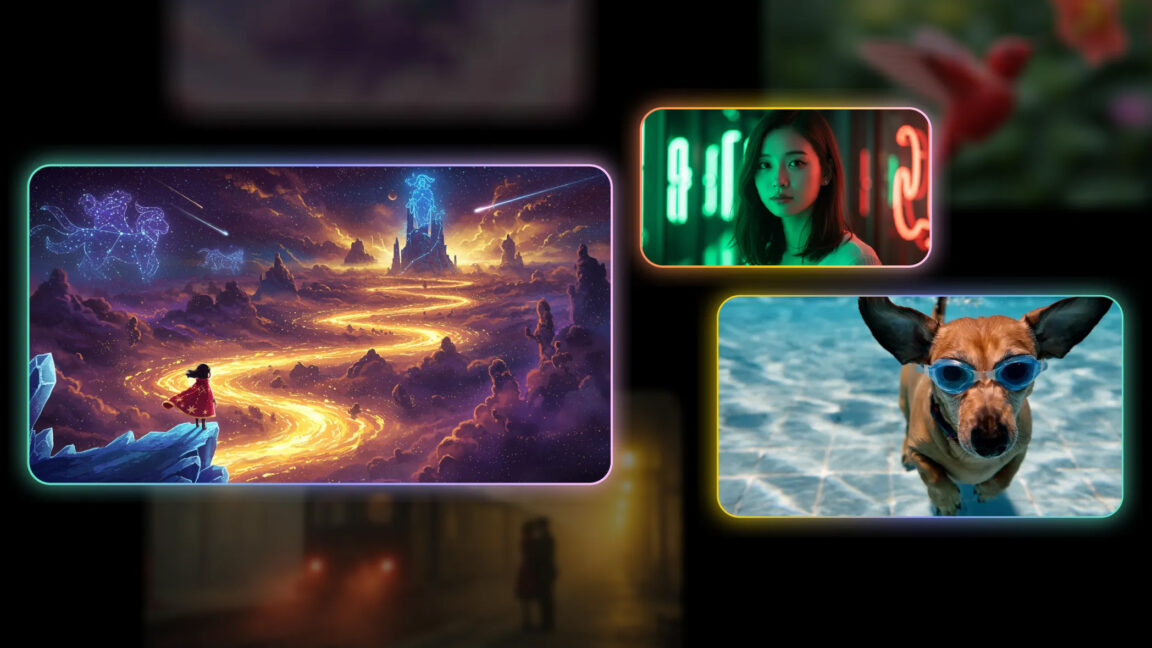

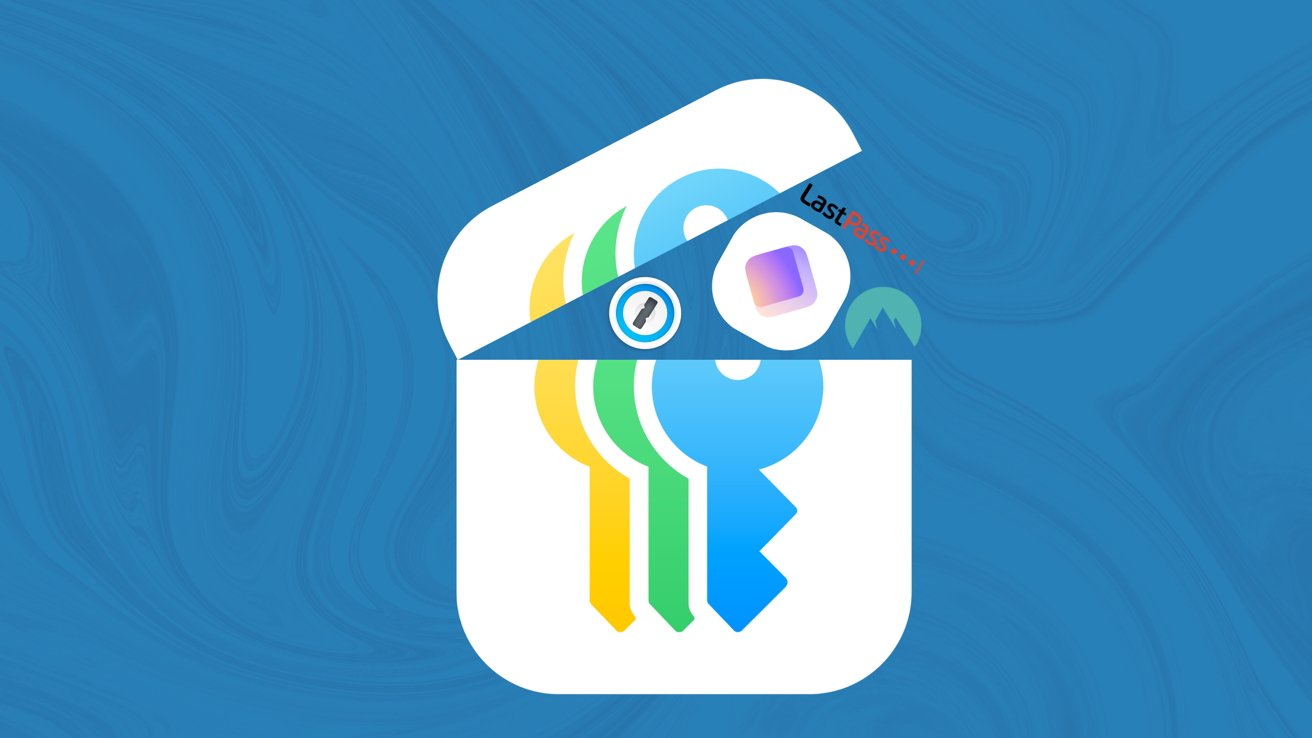
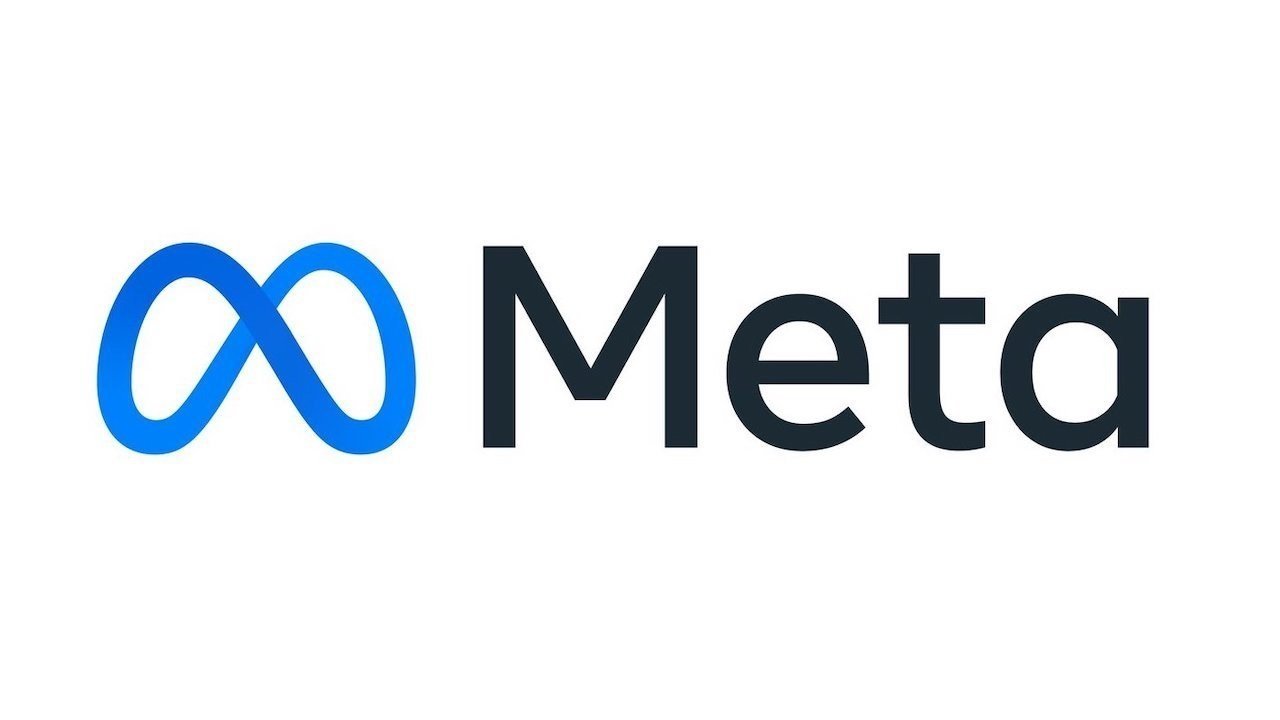





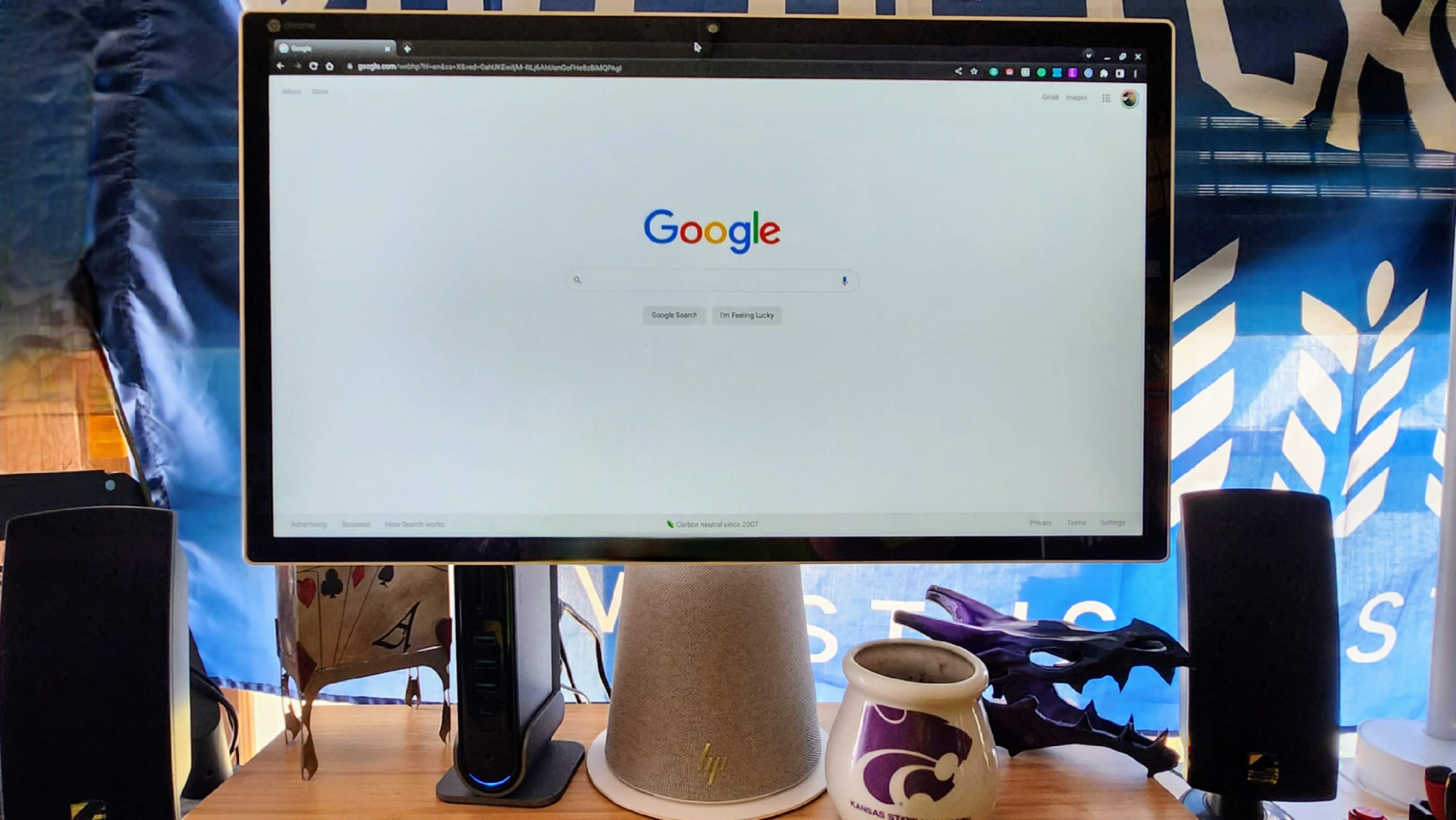
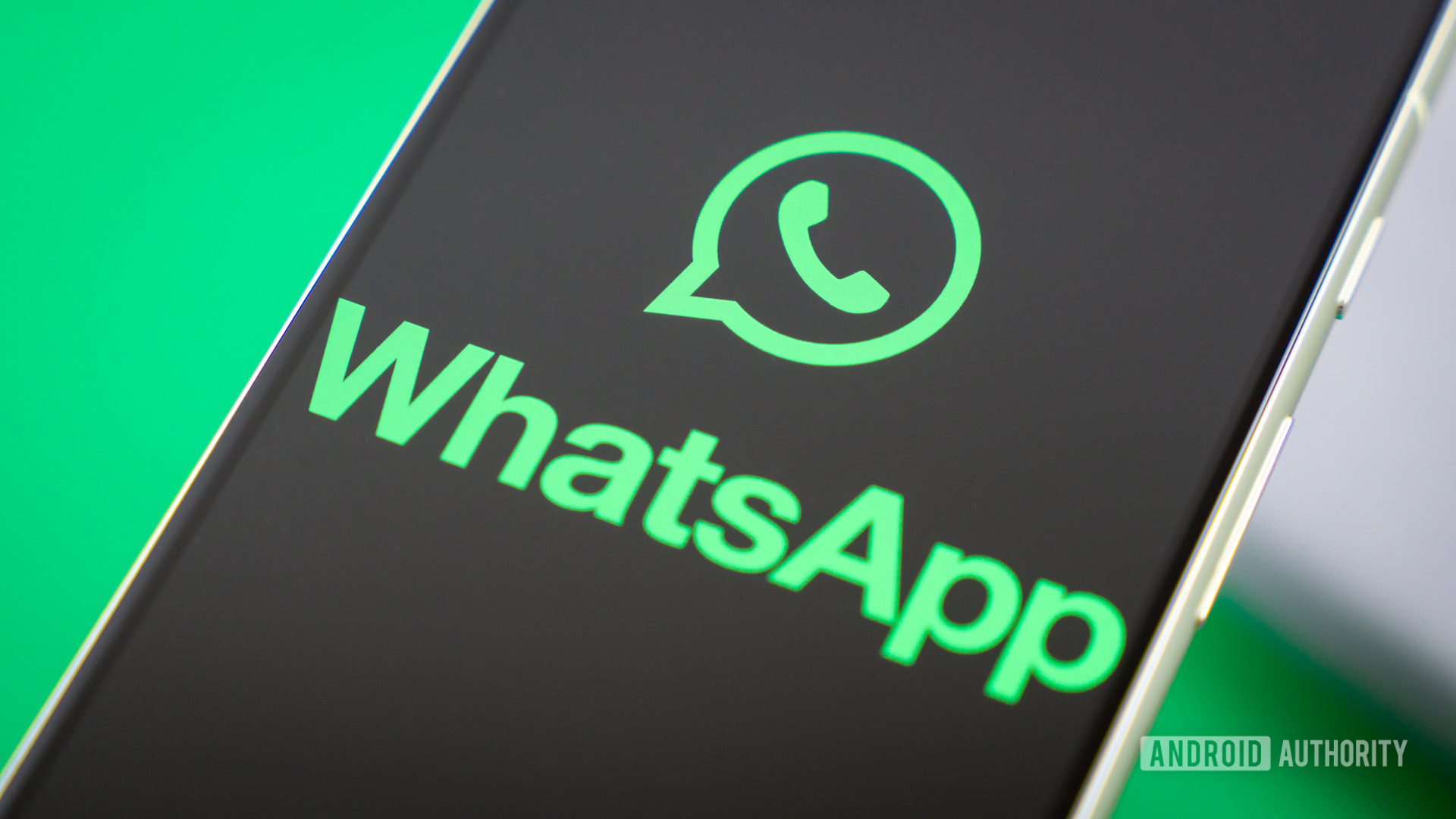
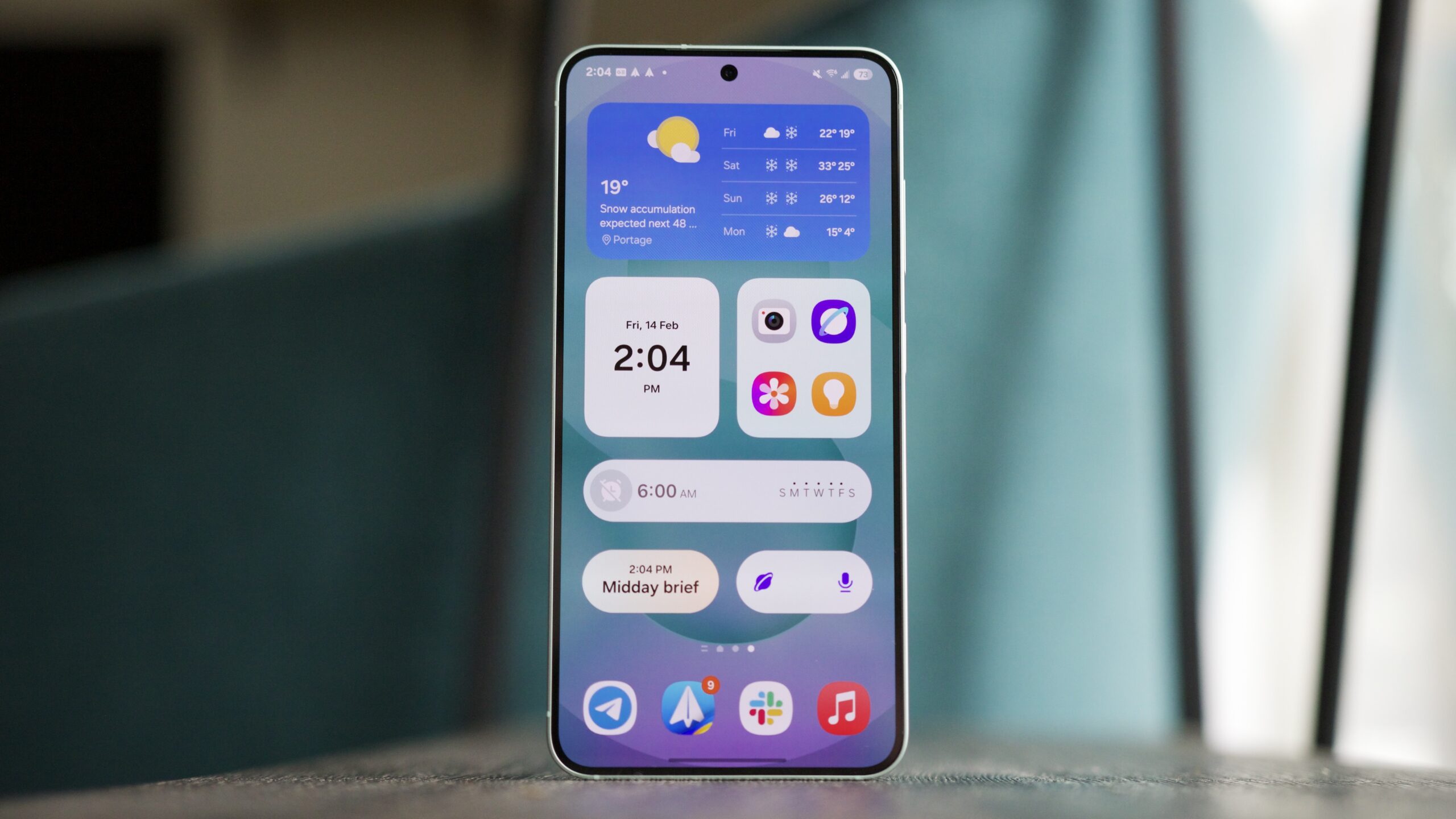
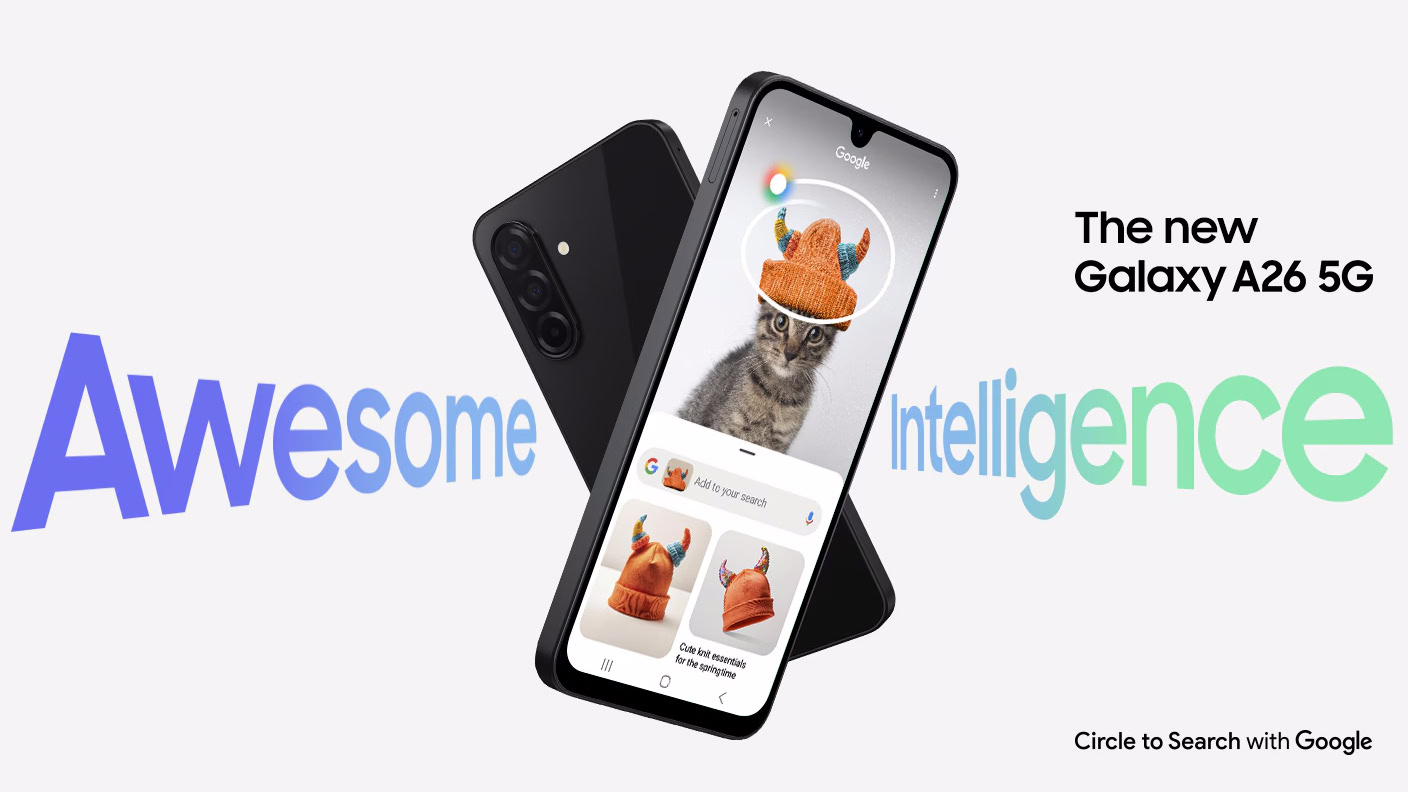
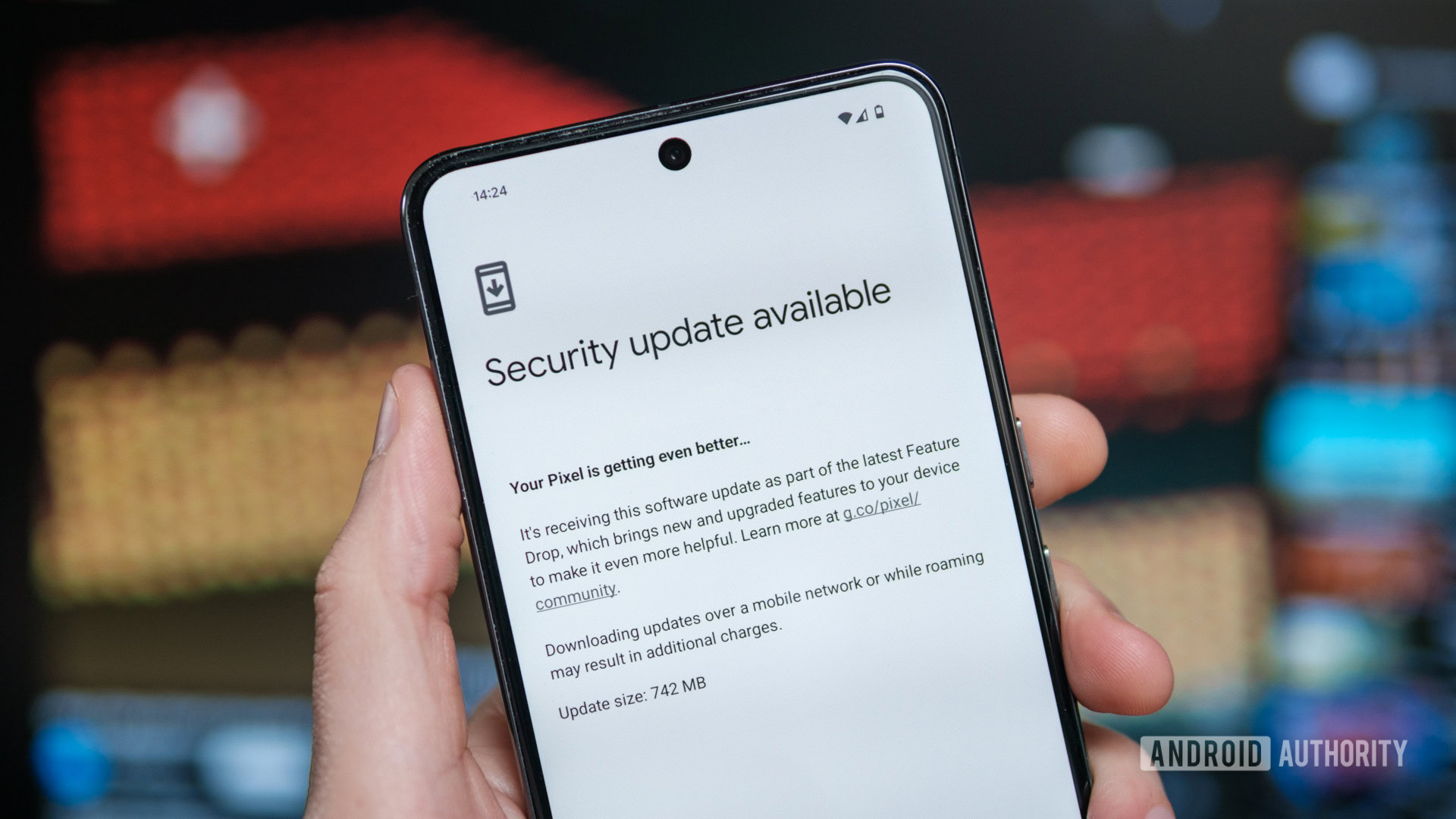















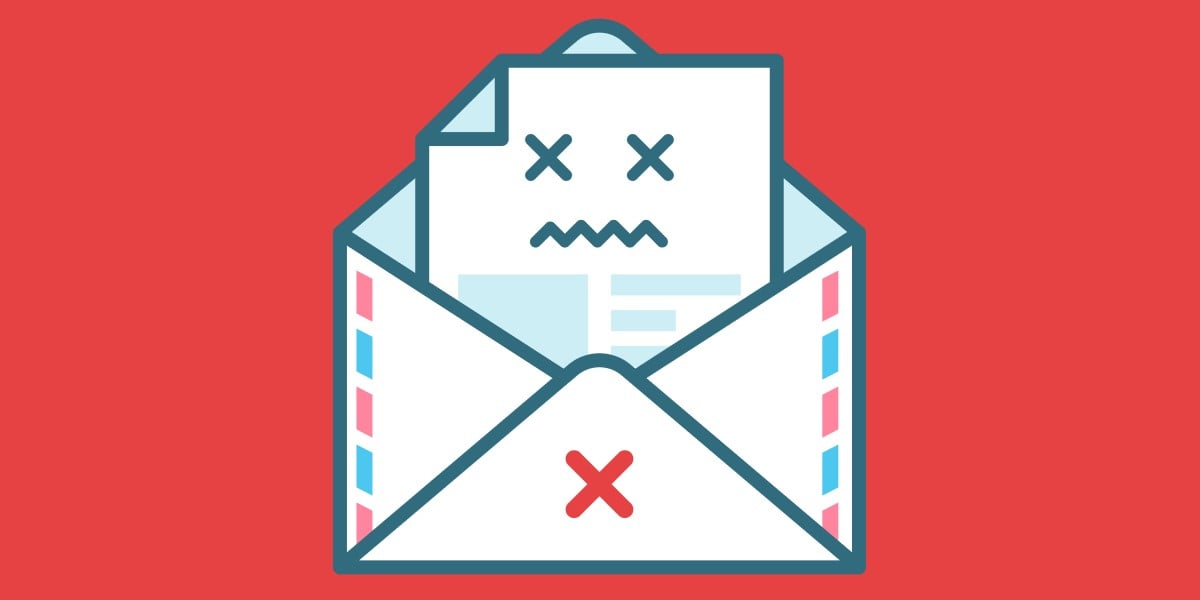


![Apple to Split Enterprise and Western Europe Roles as VP Exits [Report]](https://www.iclarified.com/images/news/97032/97032/97032-640.jpg)
![Nanoleaf Announces New Pegboard Desk Dock With Dual-Sided Lighting [Video]](https://www.iclarified.com/images/news/97030/97030/97030-640.jpg)

![Apple's Foldable iPhone May Cost Between $2100 and $2300 [Rumor]](https://www.iclarified.com/images/news/97028/97028/97028-640.jpg)









































